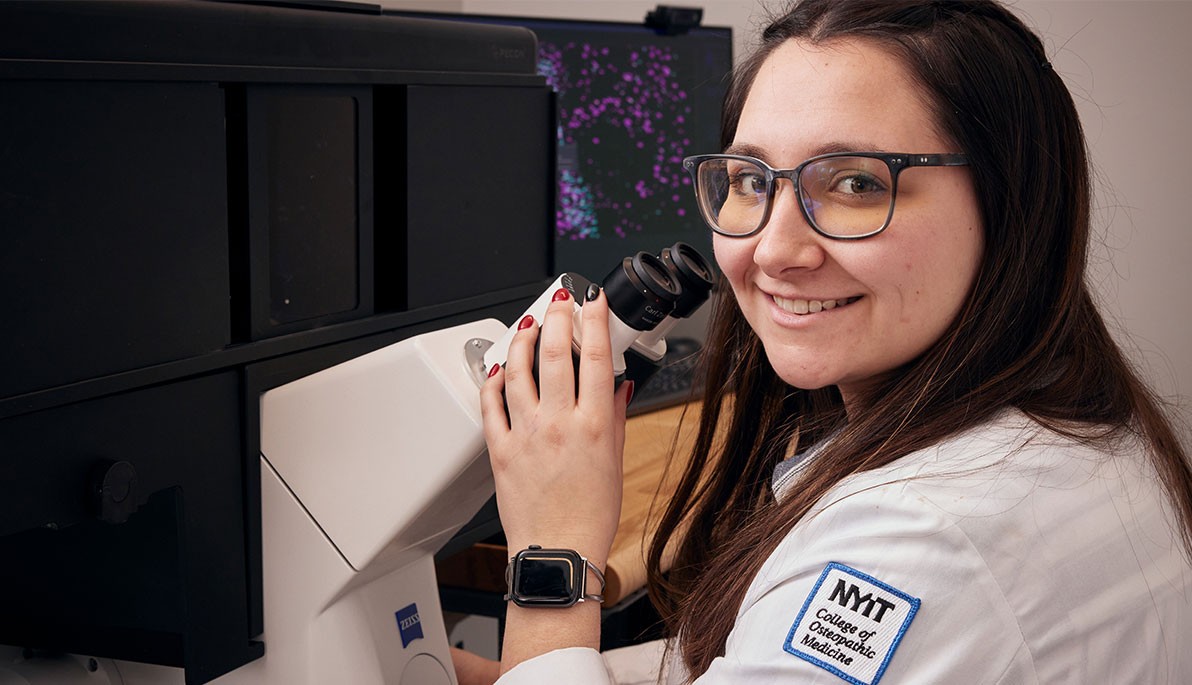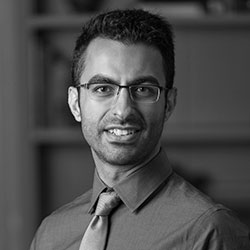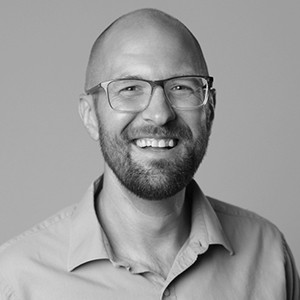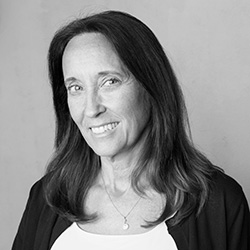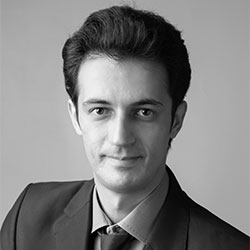A Passion for Science, Research, and Teaching
“My mom said ‘why’ was my favorite word when I was younger,” says Alexis Perez, a research associate in the Department of Biomedical Sciences at the College of Osteopathic Medicine (NYITCOM). “That word stuck with me throughout my life and is a critical question in my field.”
A self-described “curious person” who asks many questions in order to understand how things work, Perez has an extensive background in the sciences. A bachelor’s degree in neuroscience from King’s College in Pennsylvania and a master’s degree in molecular cell biology from Lehigh University have laid her foundation in the field.
Perez joined New York Tech in 2021 as a department lab technician in the labs of Professor of Biomedical Sciences Kaie Ojamaa, Ph.D., and Associate Professor of Biomedical Sciences Maria Alicia Carrillo Sepulveda, Ph.D., where she would support various tasks.
Since May 2022, Perez has been a part of the lab of Associate Professor of Biomedical Sciences Dong Zhang, Ph.D. Along with assisting in research projects, she is responsible for preparing orders, maintaining the lab space, collecting and analyzing data for research papers and grants, training and mentoring new students in different techniques used in the lab, and, most recently, working with different microscopes to observe and analyze cells.
Perez’s current research in Zhang’s lab involves elucidating the molecular mechanism of how DNA damage at the telomere (the end of a chromosome) affects the stability of genome in cancers. The research team is investigating how the cells try to resolve something called an intercellular telomeric chromosome bridge (ITCB), which occurs when a telomere of two chromosomes fuses together during anaphase (a stage of cell division) but remains attached while the two “daughter” cells are being pulled apart.
As they continue their research, Perez, Zhang, and students in the lab hope their novel discoveries of different protein interactions will land their forthcoming research paper on the subject in a high-impact journal such as the Journal of Cell Biology or Nature Communications.
Looking ahead, Perez is excited to progress in other analyses, including discovering novel mechanisms of how cancers maintain the stability of their genomes and developing novel therapies for treating various cancers.
“Professor Zhang has been a great boss, mentor, and friend. He is very supportive of my goals,” says Perez of her experience working in Zhang’s lab. “He has given me the opportunity to teach students in the lab and mentored me in my teaching methods, as well.”
Those moments of teaching in the lab are critical for Perez, who says she dreamed of becoming a teacher while growing up. That dream fell to the wayside when she discovered a love for research during her undergraduate years, but teaching students lab techniques has rekindled her old flame for instruction.
“I love teaching students in the lab new material and how research translates into clinical treatment,” Perez says of what she enjoys most about being a research associate. “It’s really rewarding when the students become independent and can do the work on their own.”
Concurrently with her work in the lab, Perez is studying to earn an Adolescent Education (Initial/Professional Certification), M.A.T., from the College of Arts and Sciences that will enable her to continue working with students—this time in front of the classroom. She aspires to work as a high school biology and chemistry teacher, paying it forward and imbuing students with the very same love and passion for science and research.
“College is a time for you to experiment with what interests you. Don’t worry about picking a career now—choose a major because it interests you,” Perez offers as advice for students—advice she herself has followed as she plans to make the transition from researcher to teacher. “The person you are at the start of college will be different in 10 years. There is no pressure to stick to one thing because you can always change it in the end.”

